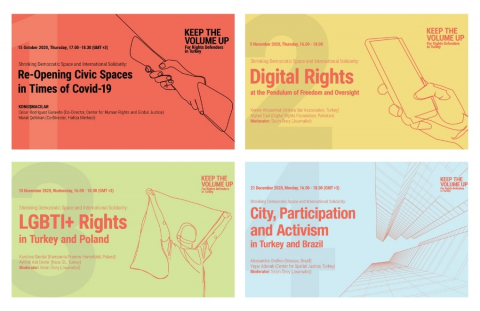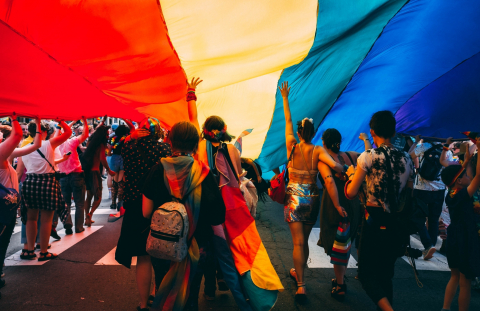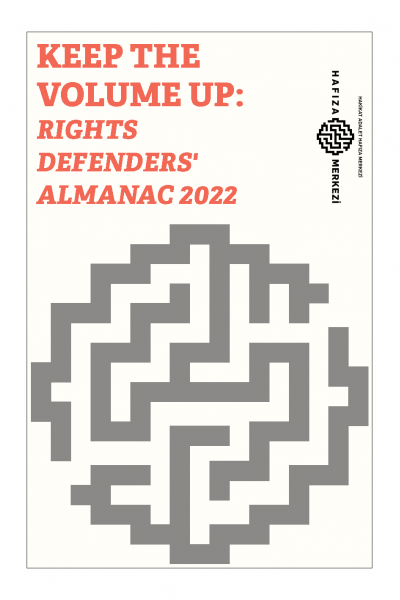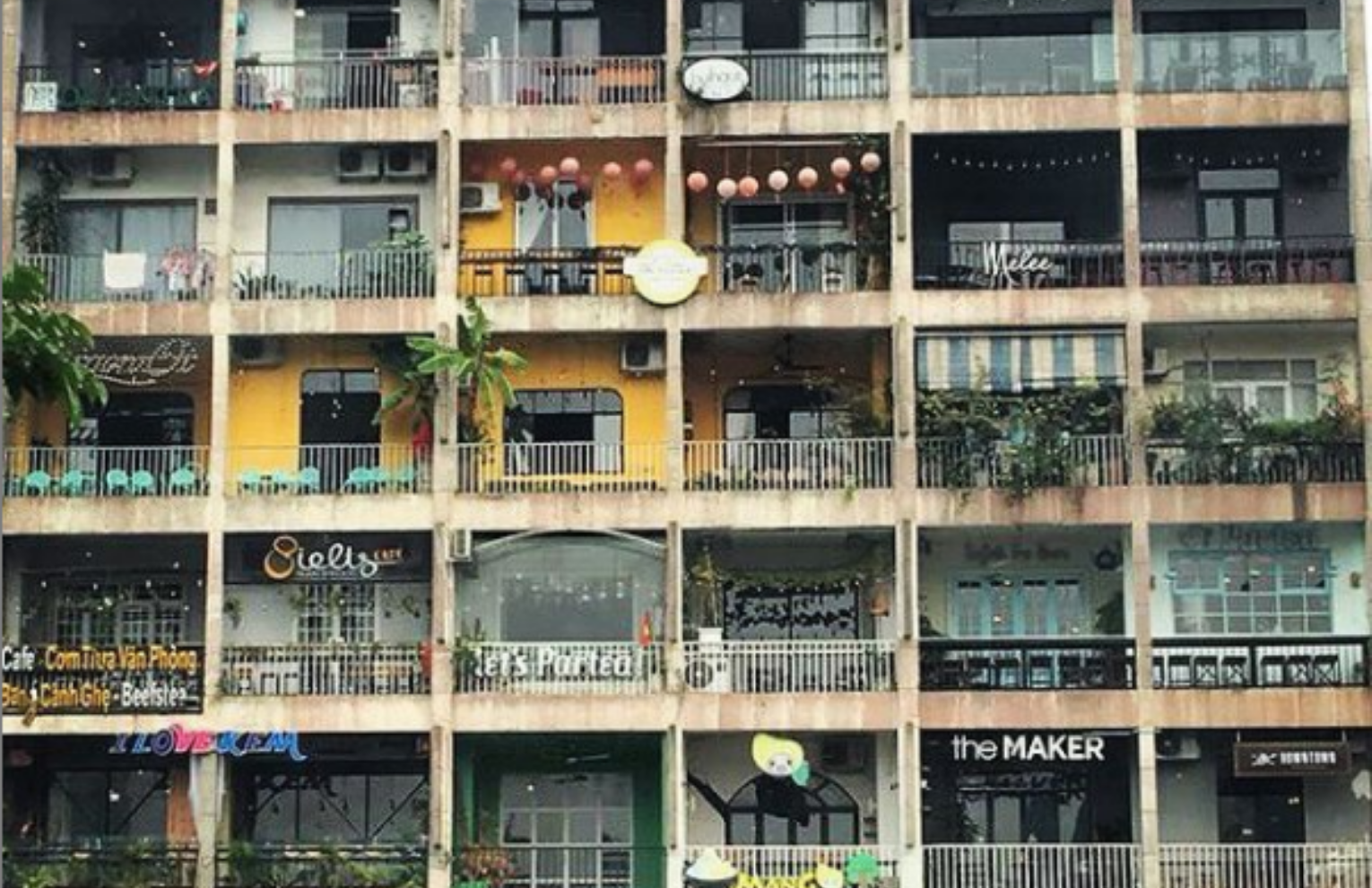
In these unprecedented times, the Covid-19 pandemic is increasingly being used by many illiberal and autocratic countries as a justification to further restrict democratic space. Turkey is one of the countries where the human rights record only worsened with the government’s response to the pandemic, in already shrinking democratic space. Yet, this situation in Turkey is not unique. Human rights defenders (HRDs) around the world have faced new challenges under the often draconian and rights’-infringing measures imposed by governments under the guise of addressing the pandemic.
In light of this shared phenomenon, Hafıza Merkezi (Istanbul) and the Association for Monitoring Equal Rights (Istanbul), in collaboration with the Netherlands Helsinki Committee (The Hague), organised a series of panel discussions, entitled “Shrinking Democratic Space and International Solidarity,” inviting an HRD from Turkey to each event to share experiences and lessons learned with a counterpart from another country. The resulting discussions served as a forum where defenders discussed common obstacles, exchanged ideas, and built international solidarity.
Find out more about the whole series.
On 21 December 2020, during the last event of this panel series, Alessandra Orofino of Nossas (Brazil) and Yaşar Adanalı of Center for Spatial Justice (Turkey) discussed how democratic space, participation, and activism were affected in Brazil and Turkey by pandemic measures.
(Re)watch the event:
City, Participation and Activism in Turkey and Brazil
Sezin Öney
Populism and the restrictions imposed to combat Covid-19 have restrained peoples’ participation in decision-making processes across the globe. This is particularly the situation in urban activism.
HRD Alessandra Orofino depicted a grim picture of contemporary Brazil in this final panel discussion. The already existing issues and problems were exacerbated by the pandemic and led to an “absolute storm” in the country. In other words, Orofino stated that Brazil is in complete chaos and turmoil. While Brazil has been experiencing a profoundly serious political crisis for a while, an additional crisis in the healthcare system has only worsened on top of the ongoing climate crisis in the Amazons.
The complexity of Brazil renders it a very different case from Turkey in some instances. The decentralized structure of Brazilian state and politics is the main discrepancy between Turkey and Brazil: the former has a very centralized state composition. Another difference, as Orofino pointed out, is that Bolsonaro plays the “one man” role, while also preferring to portray himself as “weak” and under attack.
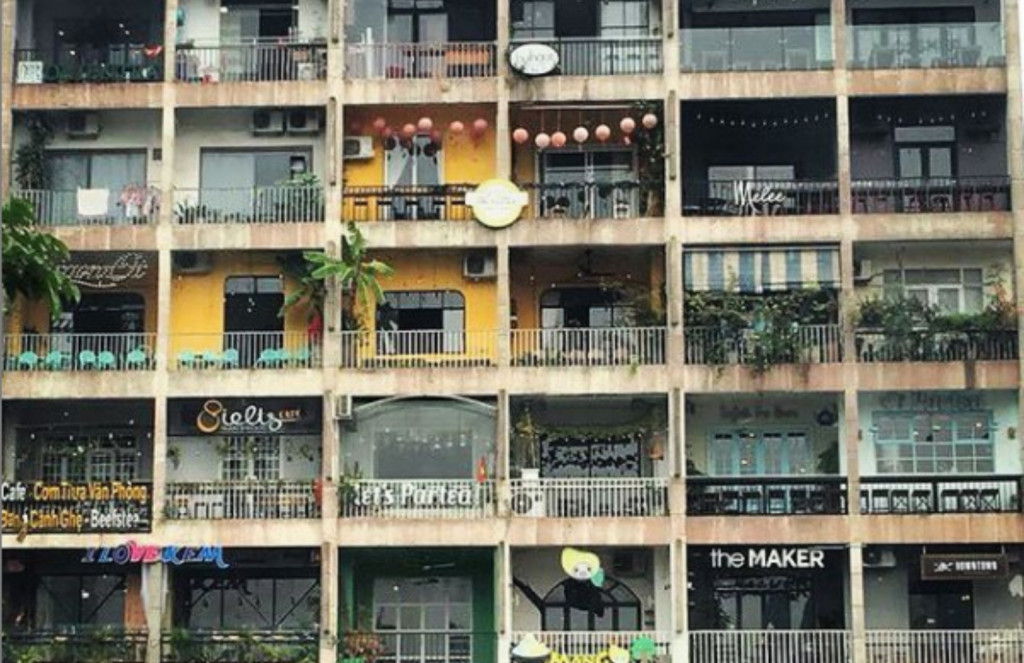
Urban activism: the similarities
Differences may be many, but in case of activism, there are striking similarities. Both the Center for Spatial Justice and Nossas are civic venues that strive for creativity in working to advance urban activism. Nossas uses digital tools and digital technology platforms to organise grassroots communities. The goal is to mobilize the grassroots by weaving a network of activists and volunteers fostering social change across Brazil. So far, Nossas engaged and gathered approximately 1 million members working in disenfranchised regions of the country, including the Amazons. Nossas has mobilised masses in critical issues such as combatting discrimination based on sexual orientation and upholding reproductive rights, and work against corruption and police violence.
Similar to Nossas, the Center for Spatial Justice endeavors to make spaces fairer, more democratic and ecologically sustainable. Both organisations place emphasis on producing, archiving/collecting, and sharing quality information that can transform the whole society. This is only possible through the production and dissemination of knowledge from grassroots level, which are the primary goals of Nossas, alongside ensuring the preservation of memory and development social consciousness.
In case of “digital awareness,” the “Dispossession Network” (Mülksüzleştirme Ağı) curated by Center for Spatial Justice, reveals the relations and networking between capital and political power in Turkey. Another project by Center for Spatial Justice is the “Hope Archive” (Umut Arşivi)—a digital archive that is an interactive, participatory visual memory platform mapping justice struggles in urban and rural spaces across the world, thereby inspiring people across the world and building international solidarity. Anyone from around the world can upload videos in the database and make a mark in global collective memory through dissemination of information on examples of urban activism. On the other hand, Nossas’ “Mapa do Acolhimento” project uses social networking applications such as WhatsApp to connect victims of domestic violence with a network of around 5.000 therapists.
Overcoming inequalities, prioritizing justice and welfare, and reorganising sociopolitical conditions to secure rights and freedoms are our global challenges. Urban activism led by Nossas and the Center for Spatial Justice both aim to reclaim and expand shrinking spaces in civic participation, development, equality and justice in all aspects. Using transformative actions and mobilizing action at local level, both are inspirational examples despite all the domestic complexities faced in Brazil and Turkey.
Find out more about the whole series.
